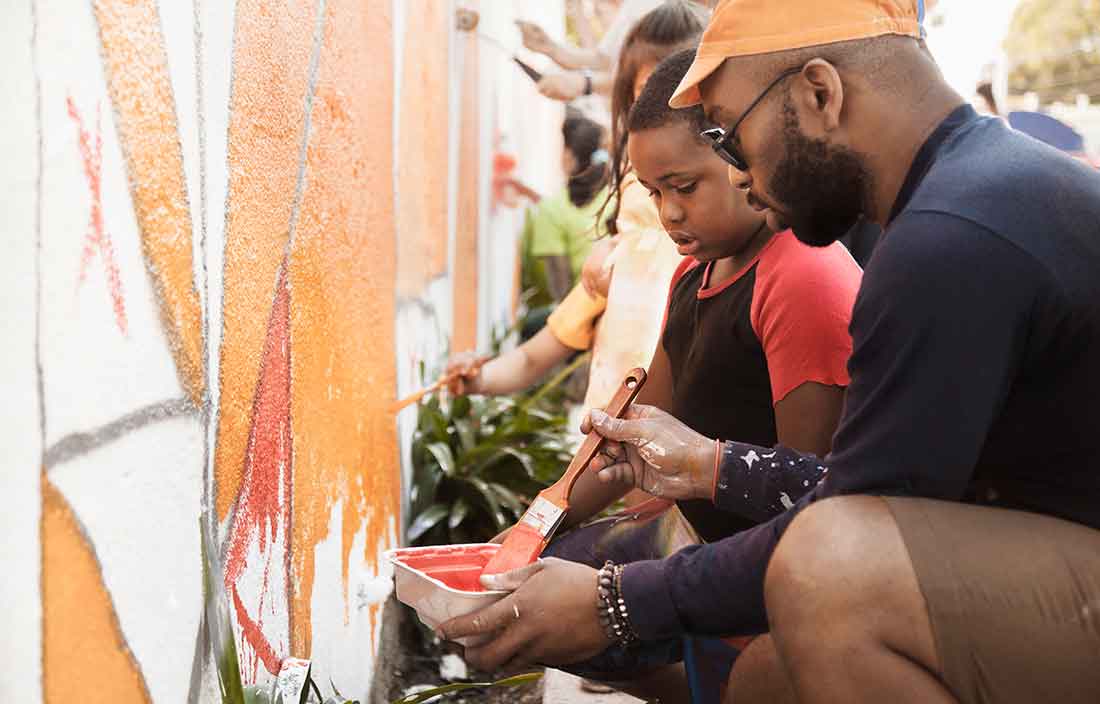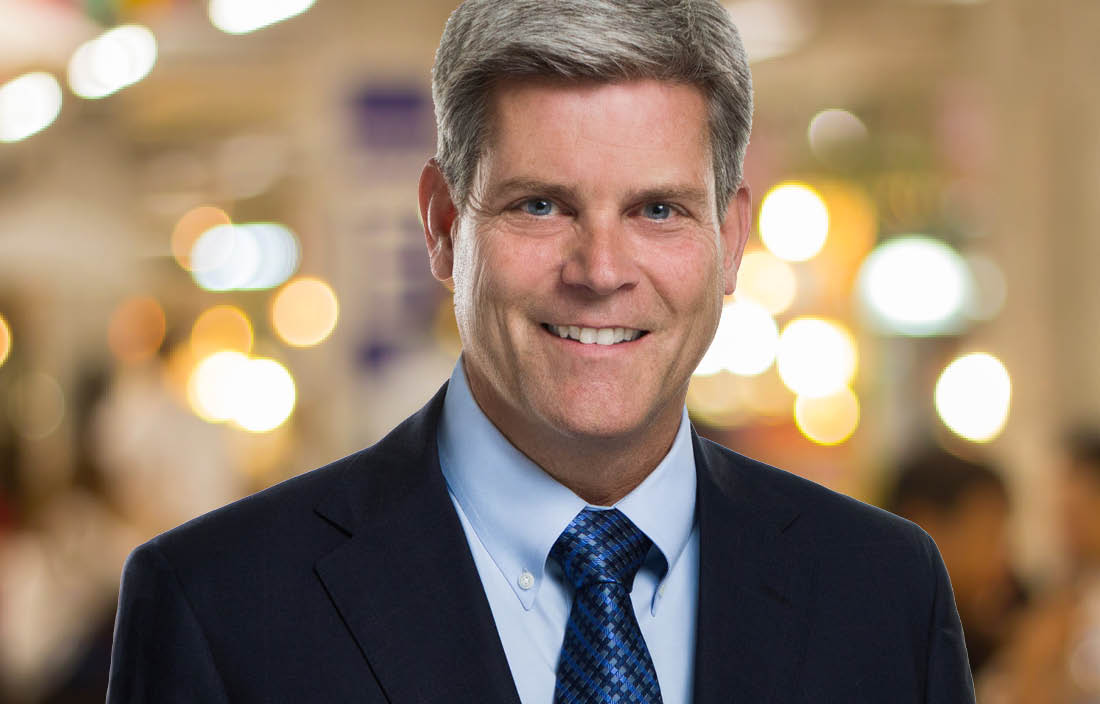
This year we saw female CEOs named at two of the country’s largest accounting firms. Not only are these women role models for the young people in their respective firms, they’re an inspiration for all of us in the profession. These are positive developments and clear affirmations that women are leading and there’s much to be learned from their success.
When these women were asked about the factors that contributed to their accomplishments, they cited the roles their mentors and sponsors played throughout their careers. In fact, when you ask most successful people about their achievements, male or female, they typically bring up their mentors or sponsors. The same rings true when we talk to our leaders here at Plante Moran.
What’s the difference between a mentor and sponsor? Mentors can be a role model or someone to help open doors that will further your career — sponsors influence promotions. To progress in your career, you need both.
Here’s what several of our female office managing partners (OMPs) and industry group leaders (IGLs) had to say about their sponsors and mentors:
- “They didn’t protect me from difficult situations; they put me into them. This gave me the opportunity to develop the problem-solving skills I’d need to advance in my career.” Kathy Downey, Northwest Chicago OMP:
- “They displayed confidence in me, which helped me to develop my own.” Terry Pollock, Auburn Hills OMP
- “They offered words of wisdom for things both big and small and were always willing to jump in and give me guidance. They helped me see my career path and opened doors along the way.” Yvonne McNulty, Toledo OMP
- “They gave me challenging opportunities, coached me, and set me up for success so I could realize my true potential.” Sue Novak, Southfield OMP
- “She was my biggest promoter, always discussing my accomplishments with others around the firm. When you work with the same people in one industry, this is critical.” Donna Hanson, K-12 IGL
- “They helped me sharpen my skills and led me to areas of the firm where my abilities would provide the most value. I think the most important thing is to seek out mentors that have skills you want to learn from.” Dianne Wells, Detroit OMP
- “They pushed me to do things that I didn’t think I was capable of. Their confidence in me gave me confidence in myself — allowing me to step outside my comfort zone and try new things.” Laura Claeys, Construction IGL
- “She was my biggest cheerleader and helped me uncover opportunities at the firm that would provide the most benefit to me and my career.” Vicki VanDenBerg, Higher Education IGL
I encourage you to think about the difference you can make for women both as a leader and as a learner — whether it’s for your own career or for a woman you work with. This might mean seeking out a mentor, being someone’s sponsor, or creating networking opportunities for women.
How do you promote women in leadership?




